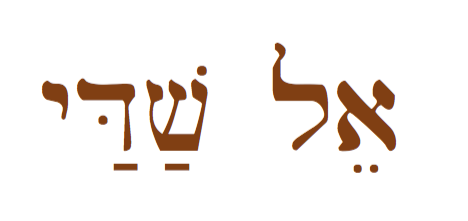To my children, when you’re old enough, a phrase which here means “when the community which is raising you determines you are wise and knowledgeable enough to comprehend and digest this in a meaningful way,”
Today is June 18, 2017, and it happens to be the day our nation celebrates Father’s Day, an otherwise meaningless marker of time to highlight our Dads’ importance to us (I use the term “Dad” in the hopes that it is broad enough to capture the scope of all people who are celebrated in the role for someone, regardless of age, sex, gender, or genetic lineage). We had planned to go to the lake today and yall were super excited. Unfortunately, today’s weather was hot, two of our group were menstruating, I was going through some depression, and only the kids wanted to go, while the four adults in our group did not. While we were on the way there, we adults decided not to pay the entry fee for all of us to go to the state park for a day out most of the people and statistically all of the life experience did not want. Qarayah was in my car with Liv and me, and Azariah was with your mom, grandma, and aunt, in another car. When your mom called me to discuss this decision, I asked Qara if she would be ok going home and playing in an inflatable pool your mom had recently bought. Qara wasn’t ok with it, but understood that everyone else really didn’t want to go.
Then, she did something that amazed and touched me. She started crying, but tried so hard to contain it. She tried to be tough, but she couldn’t contain the disappointment and started to weep. Even still, she did her best to keep it quiet and hold it back. I called your mom back and told her that Qara was trying to be tough. She assured me that she could make it better when we got home, so we turned around and went home. When we got home, I pulled Qara aside and set her on the trunk of my car. I told her how proud I am of her, that she’s good and smart and beautiful and strong. On the drive back, I had been planning to tell her more, but when I told her how proud I am, she smiled so big that I could barely speak anymore.
I had planned to tell her that as long as I’m around, it will be my solemn oath as your Papa to do everything in my power to keep back the horrors that life throws at so many people in our world. I won’t always be able to stop bad things from happening, but I will do my best to make sure that a missed lake day is one of the worst things about your childhood. You’ve already experienced loss; you will experience more. That’s just how life goes, and time will ultimately take people away. A missed lake day will not be one of the worst things in your life. That’s just reality. There are seven billion people in this world, each one with the power to make the world better or worse. Those are odds we can’t beat. But as long as I’m alive, I can use all my Papa powers to keep you two safe and healthy. You are loved. You are beacons of hope in this world. I am so proud of my kids and the force of good they are in this world.
I had meant to tell her all of that, but then she smiled. And I shut up. Life is rough. She is going to be slammed, trampled, and utterly decimated at some point in her life. The odds that she will never know tragedy and hardship are not in her favor. If I tried to explain all of that to her before it happens, I would spend more time trying to define experiences for which she simply does not have the capacity to understand. Some things are like that. I could no more make an adult who spent their entire life in a city understand the feelings and scents and sounds one finds in the middle of a pine forest, nor the Mediterranean for a farmer who has never left the family homestead.
But it was her smile, not her inexperience, that shut me up. When the horrors of life crash against my kids, when they are confronted with the torrents of pain and tragedy, it will not be my tales from experience or shared wisdom born of pain that will get them through, but their own loveliness and grace. The best I can do is help cultivate them goodness and surround them with love. They may not know the lexicon of hatred, but they will be fluent in love; they may not be acquainted with evil, but good will know them as kindred spirits.
